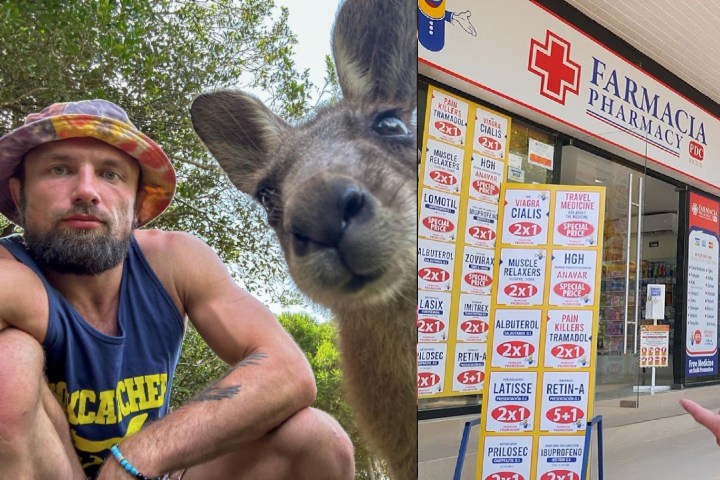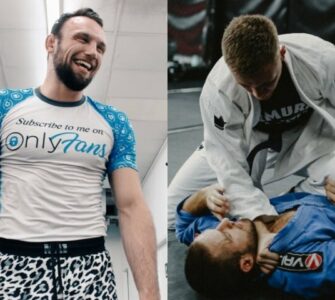In a startling revelation, Jiu-Jitsu champion Craig Jones has openly discussed his use of steroids prior to competing in the Eddie Bravo Invitational (EBI) tournament. This admission sheds light on the pervasive issue of performance-enhancing drugs (PEDs) in sports, including the grappling arts, which often fly under the regulatory radar compared to more mainstream sports.
Unpacking the Confession
Craig Jones, known for his dynamic grappling style and competitive success, made a candid confession that has stirred the martial arts community: “I went to Tijuana before EBI tournament to inject steroids.” This admission is not just about a personal choice but highlights a broader issue within the sport regarding the pressures athletes face and the lengths they go to remain competitive at the highest levels.
View this post on Instagram
The Reaction and Implications
The reaction to Jones’ statement has been mixed, with some appreciating his transparency, while others are concerned about the integrity of competitive Jiu-Jitsu. Steroid use in sports is a contentious issue, with ethical, health, and fairness implications. Jones’ openness provides a rare insight into the personal decisions athletes make and the existing pressures that may influence such choices.
Health Risks and Ethical Concerns
Steroids, while potentially enhancing performance, carry significant health risks, including liver damage, increased risk of heart disease, and hormonal imbalances. Ethically, using PEDs raises questions about fairness and the natural essence of sportsmanship. Jones’ admission prompts a necessary discourse on the health risks associated with steroids and the ethical dilemmas athletes and regulators face.
Regulatory Challenges and Future of the Sport
This incident highlights the regulatory challenges in grappling sports, where testing for PEDs is not as stringent or systematic as in Olympic sports or professional leagues. The future of Jiu-Jitsu and similar disciplines might depend on how these sports address the use of PEDs, balancing athlete health, fairness, and the sport’s integrity.
Moving Forward: Education and Regulation
Enhancing education about the dangers of steroid use and improving regulatory measures could be vital steps forward. By fostering an environment that prioritizes fair play and informed choices, the community can better support athletes in making decisions that align with their health and ethical standards.
Craig Jones’ bold admission opens up critical conversations about performance-enhancing drugs in Jiu-Jitsu. As the community reflects on this issue, the focus should be on safeguarding the sport’s integrity, ensuring fair competition, and promoting athlete health above all.
Before his superfight with rafael Lovato Jr, Craig Jones talked about “Steroid Pack”:
“Guys, The sauna, ice bath epidemic isn’t about recovery, it’s about loneliness. You want to take recovery seriously, get on steroids, and this is my steroid stack revealed right here: 200 mg of testosterone cypionate, 200 mg of deca and 50 mg a day of anavar. That’s what I’ll be taking for this Rafael Lovato match, and it’s provided by my sponsor, Evertitan.”


















